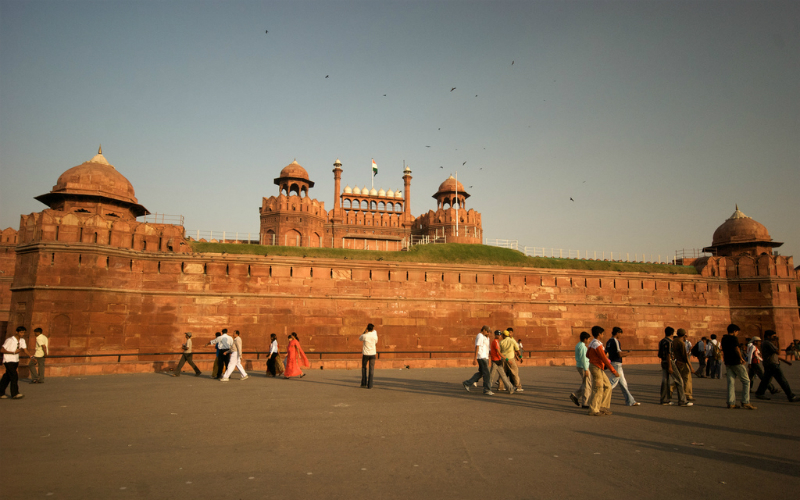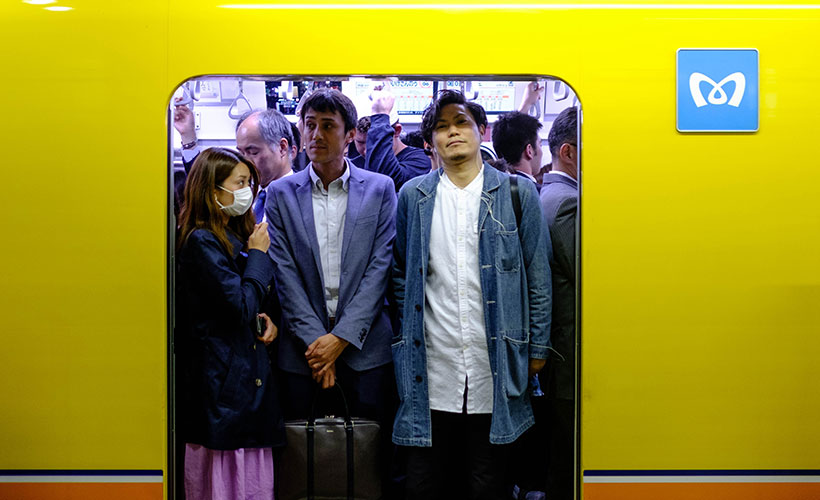
Solo travel – it’s an enticing lure away from the hustle and bustle of life, and a pathway to self-actualisation. Most of us yearn for a travel experience so profound it changes us. However, not all life-changing experiences are positive ones, and you can bet it doesn’t come cheap. We’re not talking travel expenses. We’re talking safety and security.
While all countries have their dangers, it’s prudent to know which crimes are the most common in your respective destination. Whether or not you’re travelling solo. As an ode to the countless travellers who’ve set foot outside their homelands only to be greeted with unjustified harm or death, these are a few common crimes by country.
United Kingdom: Knife crimes
The UK’s knife crime epidemic has soared by over 50 per cent in the past five years alone according to CNN. Since 2012, hospital admissions due to knife crimes have risen by almost a third. The stabbing of individuals can occur just about anywhere – in homes, behind pubs, on the streets. It’s plain to see that the concern is a pressing one.
At a McDonald’s outlet in Croydon, a metal detector arch is even being trialled for installation by the restaurant’s entrance, where a 17-year-old boy was fatally stabbed. While knife crimes are prevalent mostly in London, that doesn’t mean you should cancel your travel plans! As with all major cities, there will always be crime.

Endeavour to stay safe by sticking to the usual precautions – avoid dodgy areas, walk with purpose (and people), and if a mugger wants something, by all means, give it to them! Also remember, despite all this, carrying a knife on your person is still illegal.
Japan: Sexual harassment on public transport
The Land of the Rising Sun ranks (to no one’s surprise) as the 9th safest country on the Global Peace Index 2019. For women, that can be a slightly different case though. The issue of groping on trains is one that prevails even today, with women-only carriages being born as a result. It’s a problem so imbued in the country that most Japanese women you ask will have had her own share of experiences to tell you.
To provide the means for voicing up in a culture where speaking up isn’t the norm, the Tokyo Metropolitan Police have released an anti-groping app called Digi Police. The app gives victims two solutions. It either blasts out “Stop it!” for all to hear or flashes a full-screen message reading “There is a molester. Please help.”
Spain: Pickpockets
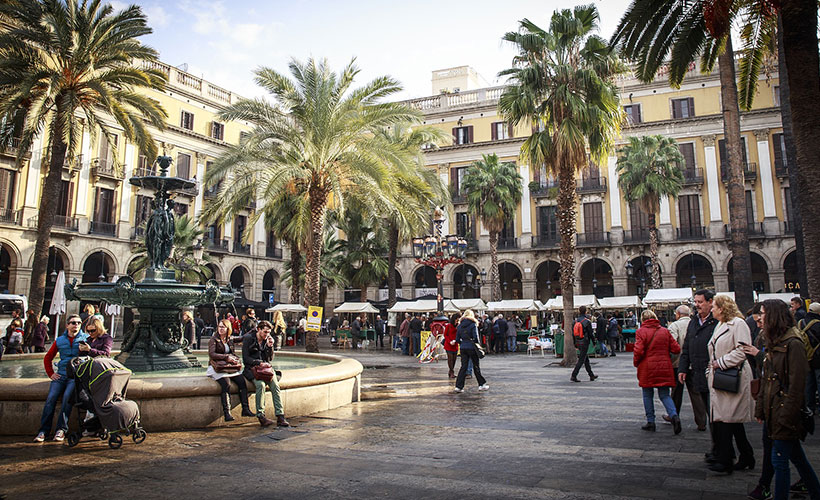
Dubbed the ‘Pickpocket Capital of the World’, beautiful Barcelona in Spain is probably not the best destination for the negligent traveller. The overtouristed city has a long-standing history of petty theft. Just last year, between the months of January and August, the city received 146,446 reports of petty theft crimes, over 23,000 more than the year before.
Common schemes include the bird poop scam, where victims are sprayed (or rather, blobbed) with fake bird poop from behind. The unscrupulous pickpockets then swoop in with wet towelettes and the like, helping you clean up while helping themselves to your personal belongings.
People are creative, and pickpocketing tactics to try and get close to you vary. As a tourist, here are a few tips to help prevent you from becoming a victim too.
- Do away with the typical lost lamb behaviour that advertises you as a tourist.
- Refrain from keeping anything of value in open pockets.
- Don’t wear any expensive jewellery.
- When seated at restaurants, keep your bag on your lap and hugged against your chest.
If you’re exploring the wonders of Asia with nothing more than a backpack, here are a few things you’ll need to keep in mind:
Mistakes To Avoid While Backpacking Around Southeast Asia
Philippines: Kidnap for ransom

When it comes to the south of the Philippines, most Malaysian, Indonesian, and Filipino locals are well aware of the piracy risks in and around the Sulu-Celebes Seas perpetrated by the Abu Sayyaf Group (ASG). Of concern are foreigners who may not have been exposed to the news regarding the spate of kidnap-for-ransom incidents, and may be lured by the pristine beaches and islands. The Islamic separatist group ASG is notorious for kidnappings not only at sea but also of tourists on resort islands.
Affected areas include coastal areas bordering the Sulu-Celebes. Namely Southern Philippines, Eastern Sabah, and Borneo. So for travellers planning to visit these areas, stay vigilant and abide by the ESSZONE Curfew during your travels. It calls for residents and travellers staying in the Eastern Sabah Security Zone to stay indoors from 6pm till 6am.
Greece: Airport taxi frauds
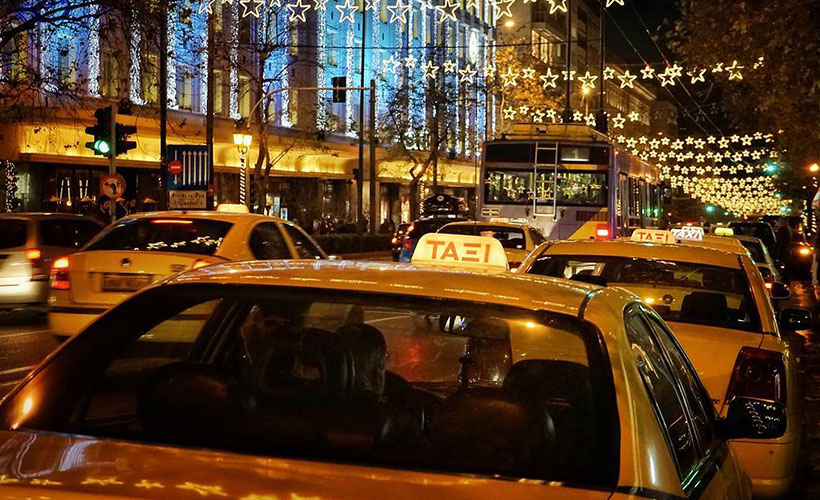
Just as with the aforementioned Barcelona, tourist-centric European cities are extremely safe for travellers – even solo female ones. That said, often, tourist hotspots can also be a paradise for scammers. The same goes for the beautiful historical city of Athens, where taxi scams are a well-known fraud.
Taxi drivers attempt to rip-off tourists by claiming that the metre is broken and then charging a staggeringly high fare. Another tactic used is tricking tourists into thinking they underpaid the fare by playing sleight-of-hand with the notes. Tourists, of course, assume it was a wrong on their part.
Avoid a sour start to your vacation by:
- Using the Athens Metro or Athens Airport Express Buses instead.
- Find out the approximate fare to your destination ahead of time here.
- Take a good clear look at the money before paying your driver to avoid second-guessing yourself, and mention out loud the amount that you’re paying.
Malaysia: Snatch theft
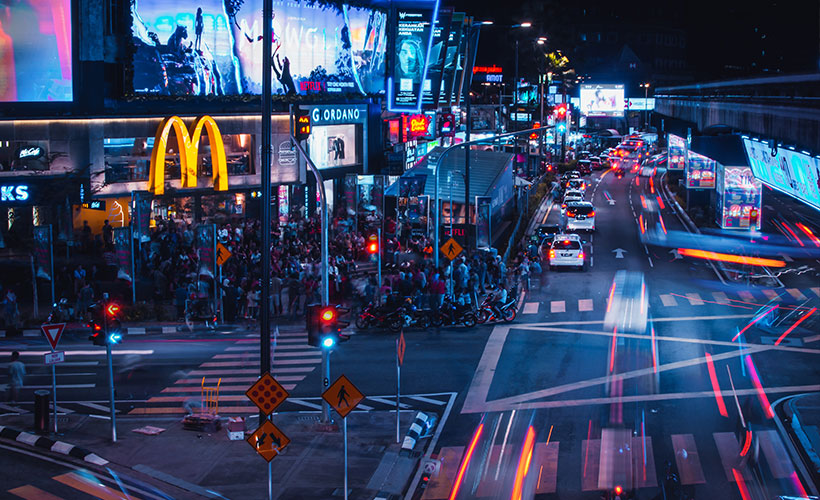
Unfortunately, Malaysia ranks poorly in terms of safety for solo female travellers, and one type of crime stands out amongst the rest – snatch theft. For locals, many might recall the surge of snatch theft incidents in 2017, where reports of incidents increased by 57 per cent from the previous year in Kuala Lumpur alone.
Unfortunately, snatch theft doesn’t always end in only the loss of material goods. Many cases report the death of victims who suffer severe injuries in the process by being dragged or fighting with the perpetrators.
For Malaysians, tips to avoid snatch theft have become second nature for most. So remember these:
- Walk on the inner side of the sidewalk.
- Carry your handbag on the opposite shoulder from the road.
- Place your handbag on the floor when driving instead of on the seat.
Thailand: Motor vehicle deaths
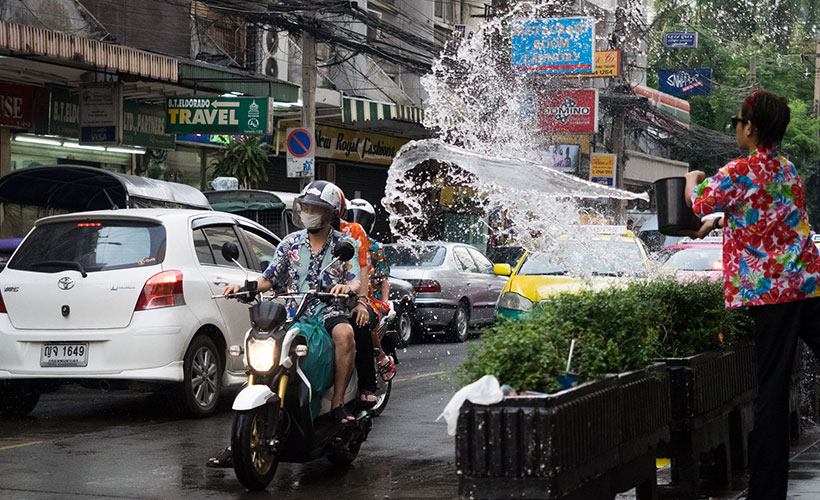
According to the World Health Organization’s 2018 report on road safety, an estimate of 22,941 people die each year in traffic-related accidents in Thailand. With headlines in the media ranging from “Life and Death on Thailand’s Lethal Roads” to “Thailand’s Roads are Deadly, Especially if You’re Poor,” it’s not an issue that’s grossly exaggerated. Thailand’s roads rank as the second most lethal in the world after Libya.
Many believe the lack of enforcement and drunk driving is mostly to blame. It’s also said tourists would be better off avoiding the roads during the ‘Seven Deadly Days’ – the seven days in and around the Thai New Year (Songkran) when road fatalities spike.
India: Violence against women
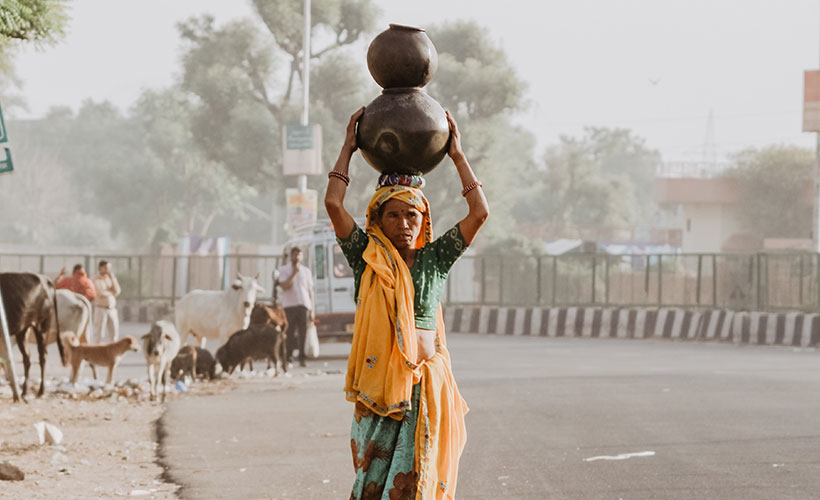
In India, horrifying incidents such as the Shakti Mills and Nirbhaya rape cases have notoriously left the world shaken, and official statistics show a third of married women have experienced domestic abuse.
Of course, taking into account the sheer size of the country and its population, location plays a huge factor in these figures as well. States like Uttar Pradesh, Bihar, and Delhi have been found to be among the most unsafe for women, while Kerala and Rishikesh are considered among the safest.
Egypt: Sexual assault
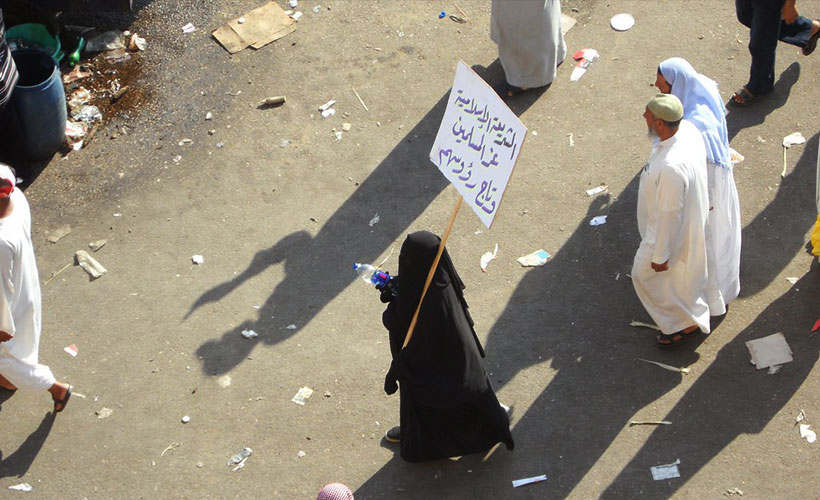
Rape in Egypt is a horrifying and common occurrence, though not often covered by the press. In 2008, the ECWR (Egyptian Centre for Women’s Rights) conducted a survey that found 83 per cent of Egyptian women and 93 per cent of foreign women had experienced sexual harassment in the country. Disturbingly, only 12 per cent brought their case to the police.
The marginalisation of women in Egypt is deeply rooted in the culture, with a history of police brutality against women, virginity tests, and mass sexual assault in public areas. When here, women are advised to dress modestly, travel with a male partner, and avoid visiting public places during national holidays such as Eid al-Fitr.
Mexico: Homicide

Just last year, Tijuana came up on top as the most violent city in the world. However, it’s just one of the five Mexican cities that make up the top 10 most violent cities in the world alongside Acapulco, Victoria, Juarez, and Irapuato.
With 138 homicides per 100,000 people, the staggering rate of murders can be attributed to political turnover and the drug trade – from powerful drug cartels to low-level street dealers.
Even then, tourists still flock to this electric border town for its creative and culinary appeal. Craft beer, endless street tacos, and the birthplace of the Caesar salad come to mind. Advice for tourists is straightforward – stay in the well-patrolled tourist areas and as far away from drugs as possible.

